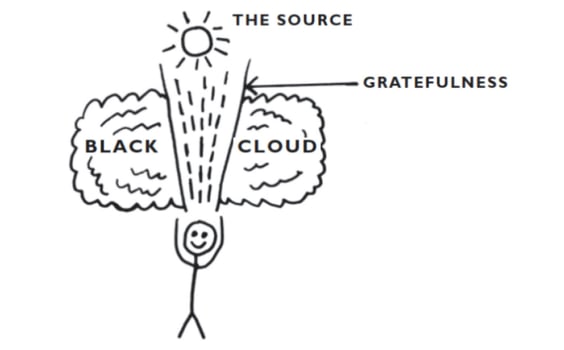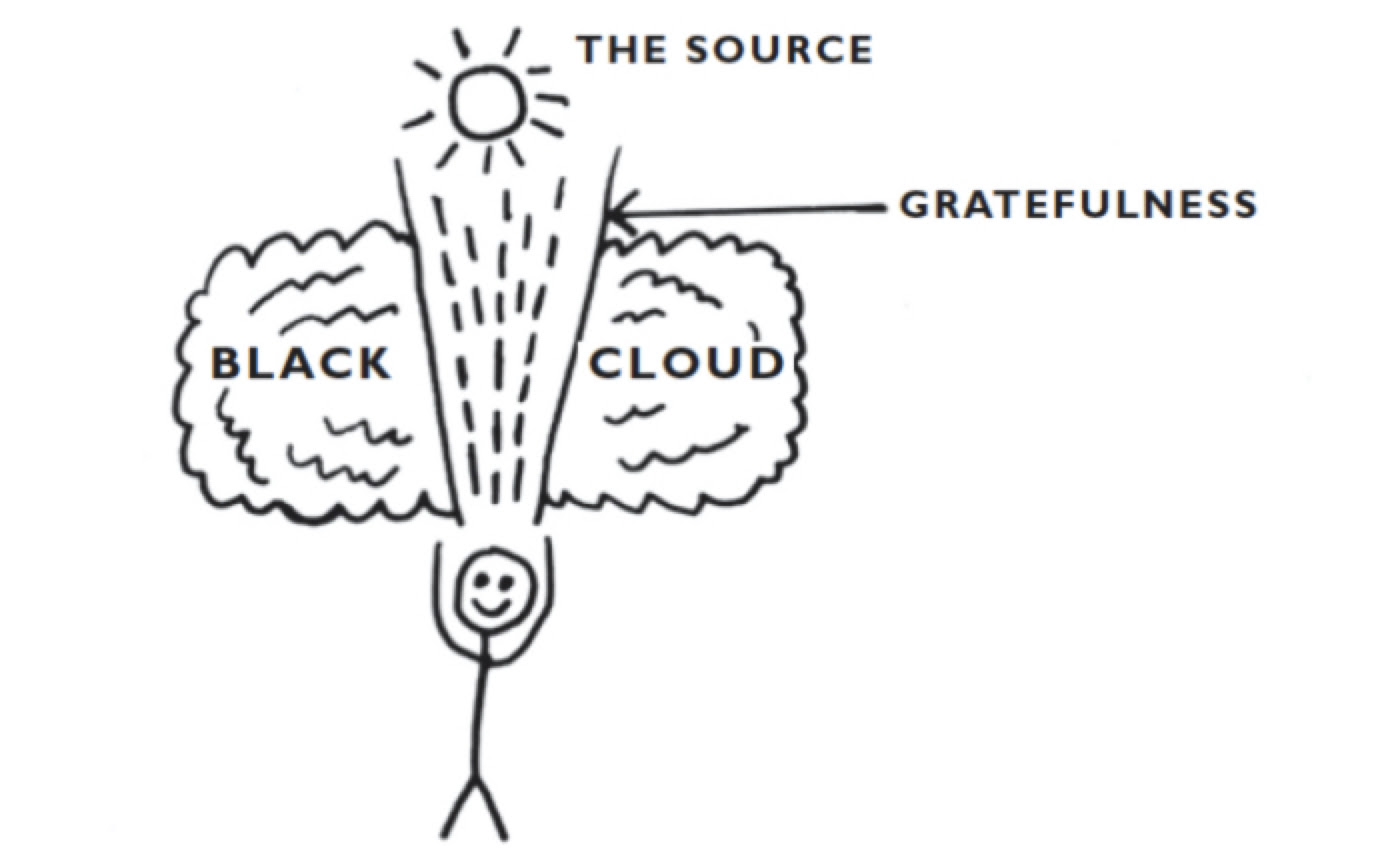Enter The Grateful Flow
Last Thursday marked a day intentionally set aside for gratitude and expressing the appreciation we have for the blessings and abundance in our lives. This year was no doubt more challenging than recent years due to the invisible enemy threatening our collective health.
However, in the spirit of making the most of what we have – the team at B2X has frequently held group video calls this year with the only agenda item being a question. One question: “What are you grateful for?”
In the process of holding many of these calls over the past few months and recruiting our team to individually participate, I’ve learned two powerful lessons about the human condition:
- Expressing gratitude is difficult for many of us; it either doesn’t come naturally or we’ve been taught that it shows weakness and we now unconsciously avoid it.
- The power of gratitude is massively unappreciated; very few people understand how quickly it can change our internal state and the environment around us.
As a longtime student of gratitude and frequent recipient of its gifts – I’ve witnessed first-hand the change that occurs when an individual allows true gratitude to enter their life on a daily basis.
This has come in quite handy in 2020, as there seems to be plenty of reasons to feel fearful or concerned right now. Personally, although I’ve been challenged in myriad ways this year, including the loss of a family member, major theft of personal property, and a serious health challenge to one of my children – I seem to be exiting the year better than I started.
I understand now that this positive state comes from perspective. Perspective developed day by day, one thankfulness session at a time. And through this process, I’ve learned that it’s simply impossible to be upset or worried while actively practicing gratitude.
Scientific research backs this up. In a study done by Harvard University, it was found that “gratitude helps people connect to something larger than themselves as individuals — whether to other people, nature, or a higher power.”
Yes. Adopting a daily gratitude practice and living in that state enables us to access powers that can only be described as bigger than oneself. In fact, the authors Barry Michels & Phil Stutz of the highly recommended book, The Tools, have given this force a name. They call it Grateful Flow and provide the below image to help us visualize the larger process that takes place.

I love this graphic (and refer to it often) because of its incredible simplicity. Break through the black clouds of worry and doubt to access endless abundance from the higher Source – however you define it.
It really is that simple. Yet…it does require effort; consistent and purposeful effort. To access this source of strength and vitality, we must develop habits around giving thanks and come back to them every day.
So here’s my challenge: this holiday season – upgrade your gratitude game. I can share two impactful steps that have been proven to make this work. First, buy a hardbound journal and simply write a list of things you appreciate in life. Then, twice a day, share a few of those points with another person. Do this today and then do it tomorrow. Repeat.
Get your gratitude habit started with the resources shared below. I hope you can use this holiday season to tune this skill and open up the Grateful Flow in your own life.
Video Case Study
As the partnership between HPE and B2X continues to grow and flourish, we are inviting active customers to share their experiences and how embracing this new channel has impacted their business.
This month, we sat down with Laura Leonti, Program Manager with ConRes, an HPE Platinum Partner. Laura provides great insight to common challenges in the channel and how resellers can not only overcome these, but turn them into a competitive advantage.
Worth The Click
1. Giving thanks can make you happier. Gratitude helps people feel more positive emotions, relish good experiences, improve their health, deal with adversity, and build strong relationships. Link
2. Now, More Than Ever, You Have to Find This. We shouldn’t just be thankful for the gifts we receive, and our relationships with friends and family. We should also be aware of and grateful for the setbacks and annoyances. Link
3. How Gratitude Changes You. Those who wrote gratitude letters reported significantly better mental health four weeks and 12 weeks after their writing exercise ended. Link
Hoping you found this useful, or at least allowed you to pause and reflect for a moment. I appreciate that you’re part of our community.



